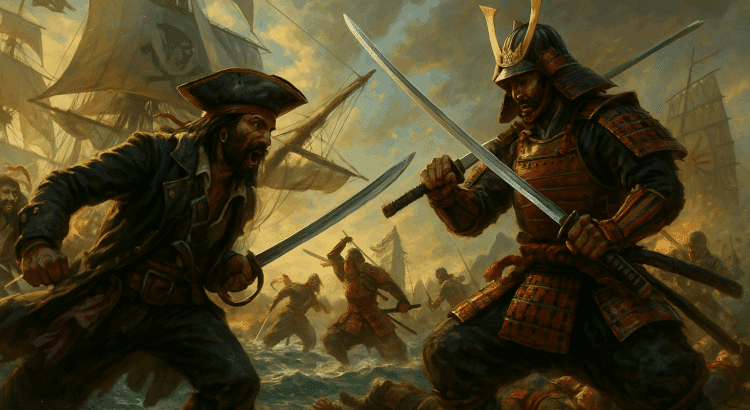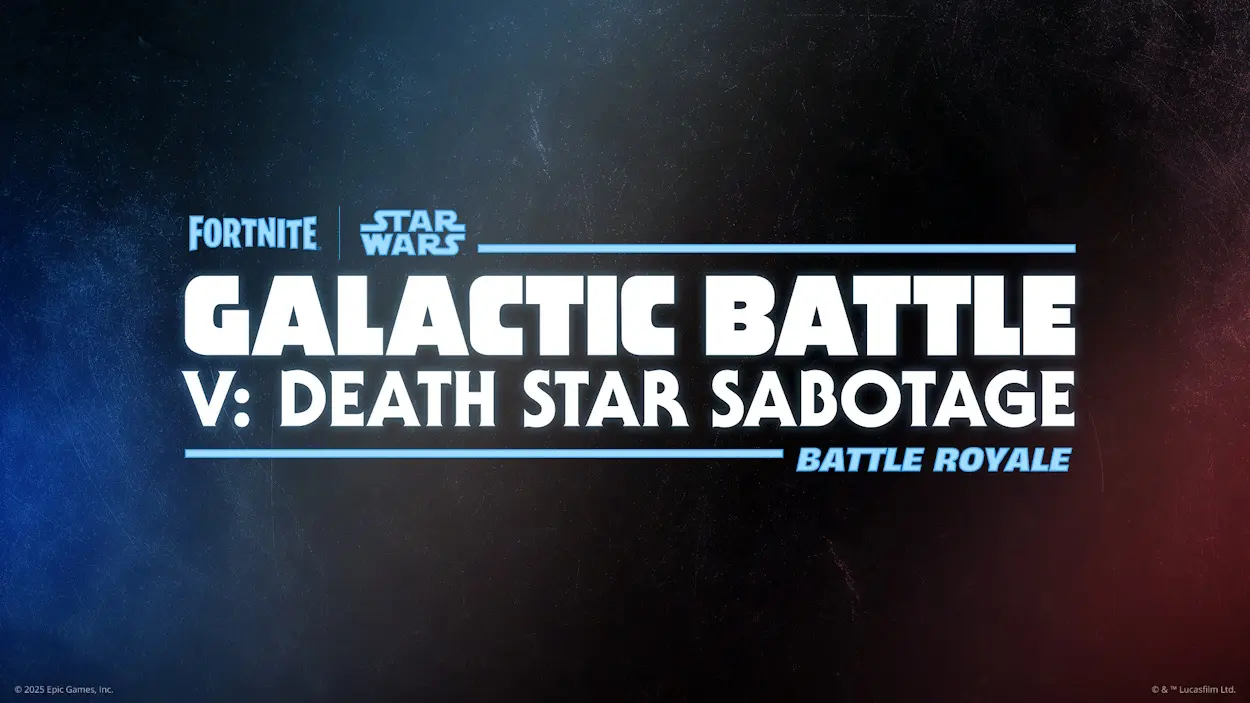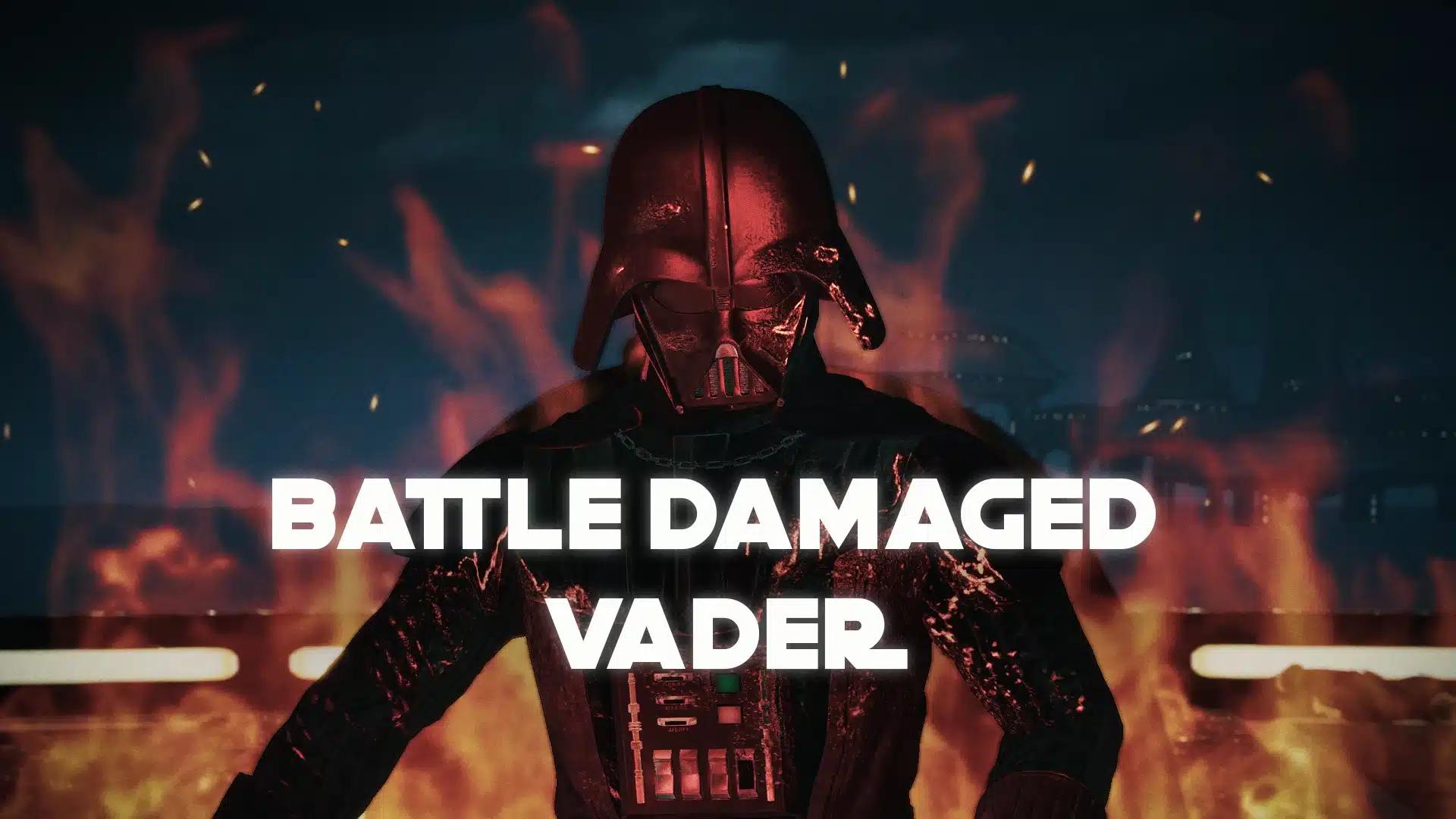Assassin’s Creed Shadows transports players into Japan’s turbulent Sengoku period of history, which is marked by political upheaval, warring factions and shifting alliances. Though traditionally associated with military honor, pirates also pose a considerable threat during this era – providing another perspective on authority and survival during this turbulent era. This clash between pirates and samurai opens up exciting possibilities for gameplay. For further information and related topics, please refer to the main quest content.
The Rise of Maritime Power
Wakasa’s coastal regions are under attack from the Pirate Alliance, comprised of individuals such as Kage, Lopo Cruz, Little Kappa, Sen, and Oni-Yuri. This group disrupts trade routes, plunders villages, and undermines samurai control over the seas – further underscoring how vulnerable land-based feudal lords are against maritime power’s growing influence.
Contrasting Philosophies
Samurai are bound by the Bushido code, emphasizing loyalty, honor, and discipline. Pirates operate according to different principles that value freedom, adaptability, and personal gain – creating moral dilemmas between duty and practicality for players to navigate.
Gameplay Dynamics
Players interact with the Pirate Alliance via a series of quests that require tracking down and confronting each member, from stealth infiltrations to intense combat scenarios. Kage requires maneuvering heavily guarded ships; Little Kappa requires strategic use of environmental elements like explosive barrels.
Choices and Consequences
The game emphasizes player agency by enabling decisions that have an effect on storyline and character relationships. Sparing Sen, a repentant pirate, may show compassion but could cost rewards later. Conversely, recruiting Oni-Yuri after completing specific quests adds an ally with special abilities who could prove invaluable in battle.
Historical Context
Although Assassin’s Creed Shadows is fiction, its concept draws heavily from historical events during Japan’s Sengoku period. At this time, warring maritime forces including pirates known as “kaizoku” frequently clashed over territory and created instability throughout Japan’s landscape.
Conclusion: A Multifaceted Narrative
By juxtaposing the structured world of samurais and pirates, Assassin’s Creed Shadows provides a nuanced exploration of power dynamics in Sengoku Japan. The inclusion of Pirate Alliance adds depth and reflection opportunities that challenge players’ understanding of themes like authority, rebellion and moral choices during times of conflict.










